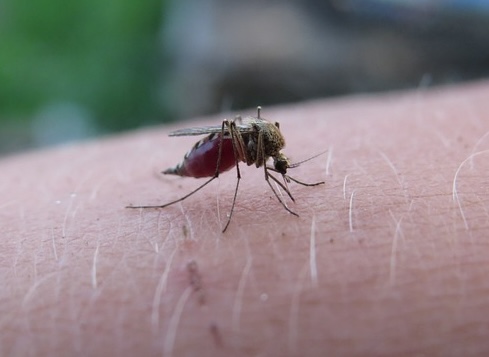Mosquitoes can be quite a nuisance here in Chiang Mai, especially during the rainy season when these pesky insects breed in stagnant water. Not only are they annoying, but they can also carry diseases like dengue fever, which has outbreaks in Chiang Mai every year. Infants and young children often suffer the most from bites, as they can swell into large, itchy patches. Here are a few tips for dealing with mosquitoes, particularly when it comes to keeping your little ones safe:
Cover Up
Even though it’s warm outside, make sure to dress your child in protective clothing, especially covering their feet and lower legs. Mosquitoes tend to fly low to the ground, so most bites will happen on those exposed areas. I know it can be a challenge, as kids typically resist wearing long pants in the heat, especially during the day. But if your little one starts fussing, give them a choice: cover up or spray up!
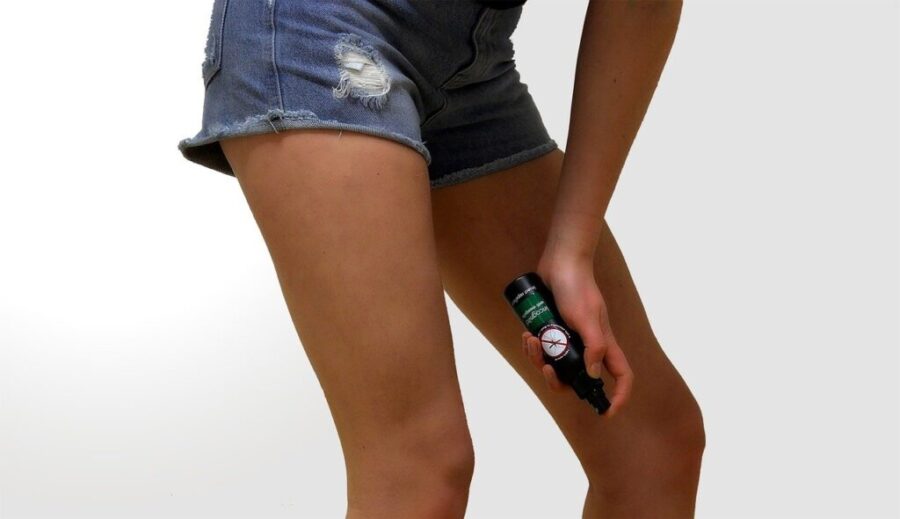
It’s definitely easier to get the kids into longer dresses or trousers in the evenings, and whenever possible, try to stick to light-colored clothing. Studies have shown that certain types of mosquitoes are drawn to darker colors. Also, it’s a good idea for parents to skip perfumes, colognes, and heavily scented lotions, as these can attract those pesky little predators too.
Use Repellent
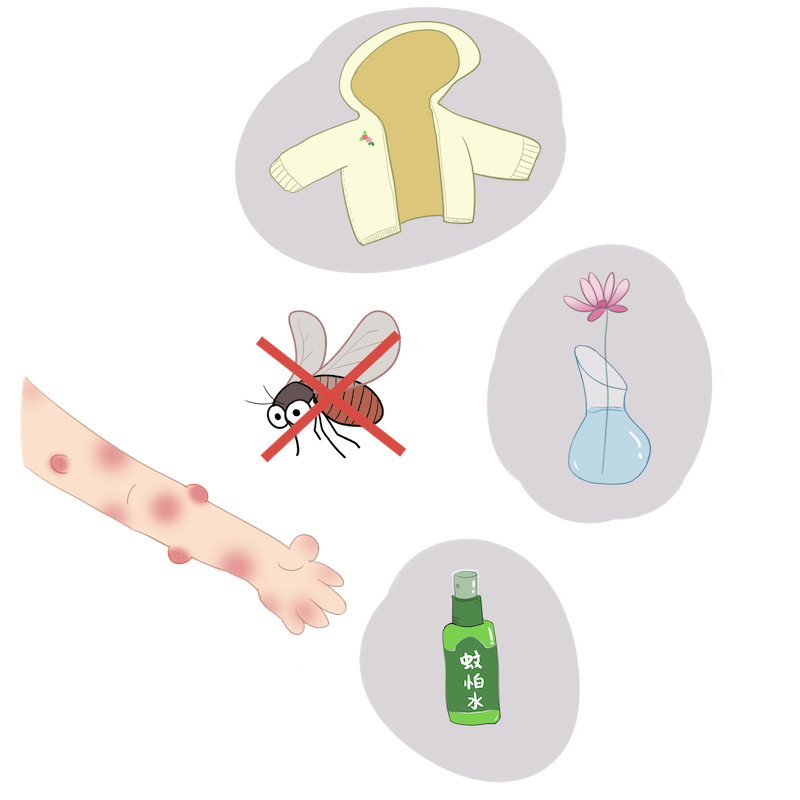
Apply mosquito repellent to any exposed areas, or give your baby’s clothing a light spray of repellent before heading out. If you’re looking to avoid DEET, there are plenty of natural alternatives made with citronella and lemongrass oil, available in sprays, sticks, and patches. You can find these options at select drug stores and specialty baby boutiques around the city.
For those inevitable bites, don’t worry—there are ways to stop the itch. Medicated ointments like Zam-Buk or Tiger Balm work well to reduce swelling. You can also find imported anti-itch creams designed specifically for little ones at baby boutiques. A tip some Chiang Mai parents swear by is placing a warmed spoon on the bite to help minimize swelling.
Natural Mosquito Repellents
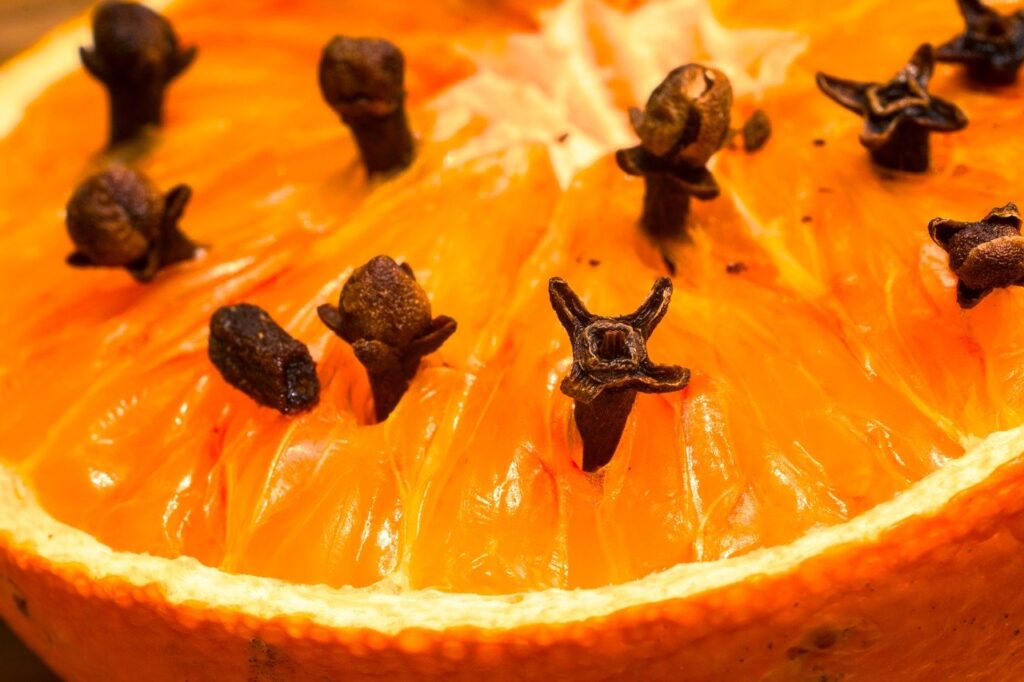
Ever wondered why some Southeast Asian homes have oranges studded with cloves scattered around? It’s more than just a charming tradition—there’s some serious pest control at work. The oil from sweet orange peel contains a high percentage of limonene, which is incredibly effective against fleas, fire ants, and flies. Limonene disrupts their respiratory systems on contact, essentially suffocating them. Placing orange peel or zest around your home or garden can help keep flies and mosquitoes at bay.
If you’re not comfortable with using over-the-counter repellents, there are plenty of natural alternatives to consider.
- Oil of lemon eucalyptus is a great option, though it’s important to note that it shouldn’t be used on children under three years old due to limited studies on its safety for that age group.
- Garlic oil is another natural remedy that some people swear by. Whether rubbing it directly on the skin or swallowing slivers of garlic, many believe it’s an effective way to ward off summer pests. Garlic tablets are also an option, or if you’re feeling brave, you can rub garlic juice on your skin.
- Many people claim that rubbing apple cider vinegar on your skin helps to repel insects. If you take in enough apple cider vinegar by putting it on foods you eat, you’ll develop a body odor that will repel insects, including black flies.
Take Steps to Protect Your Family
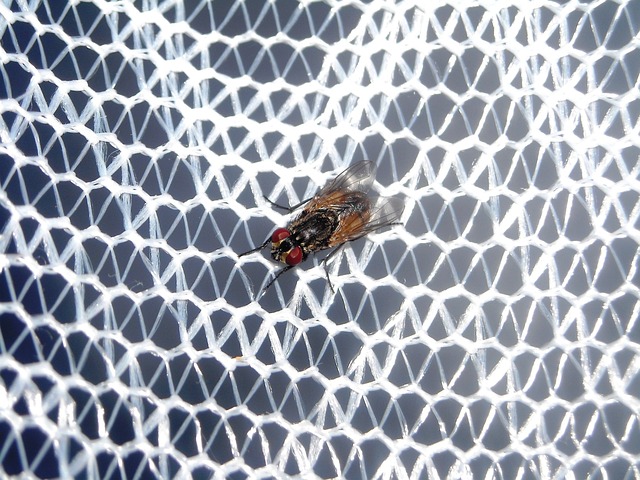
- Consider picking up store-bought mosquito netting to keep your newborn protected in the car seat, stroller, or any outdoor area. At home, use the netting over your baby’s crib during sleep. There are many pre-made crib nets available that fit snugly over cribs or playpens, and these are a must-have here in Chiang Mai. You’ll find them in most department stores.
- When spending time outdoors in the evenings, an electric fan can be a lifesaver. Mosquitoes are less likely to bother your kids if there’s a breeze, plus it helps keep everyone cool.
- Try to limit your kids’ exposure to prime mosquito breeding spots like areas with thick vegetation or stagnant water. In your garden, make sure to cover standing water in urns, and empty out any water that’s collected in children’s toys, buckets, or inflatable pools. If you have a pond with aquatic plants, consider adding small fish—they’ll eat mosquito larvae and help keep the mosquito population down.
- For some basic home prevention, make sure to install or repair any broken window screens. Even the smallest gap can be an open invitation for mosquitoes. Avoid using toxic mosquito coils or insecticide sprays. Instead, opt for an electronic lamp or racket, which are readily available in superstores, to zap any unwanted visitors.
Soothe the itch. If you or your little ones end up with mosquito bites, try applying medicated ointments like Zam-Buk or Tiger Balm to ease the swelling. You can also find imported anti-itch creams made specifically for toddlers at specialty baby boutiques.
Know The Basics
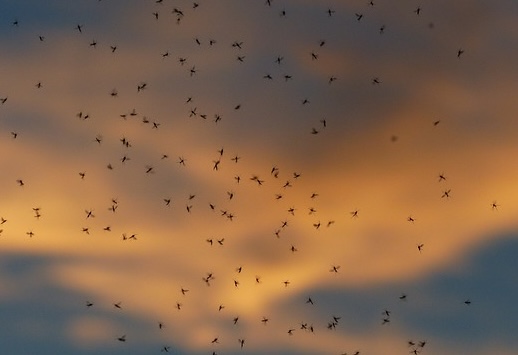
It’s interesting to note that not all mosquitoes are out for blood; in fact, male mosquitoes stick to drinking nectar. So why do the females bite? It’s because they need the protein-rich blood to nourish their developing eggs. Female mosquitoes tend to target areas like ankles and wrists, where blood vessels are closer to the surface—ever notice where you get bitten most?
Be informed about dengue fever, known as “kai ruat ork” in Thai. This disease is transmitted by the Aedes aegypti mosquito, or “yung lai,” which is most active during the day. Unlike other mosquito species, the Aedes aegypti doesn’t stray far from its breeding grounds, so dengue outbreaks are often localized. Symptoms typically appear five to seven days after being bitten and can include headaches, high fever, bone aches, joint and muscle pain, nausea, vomiting, and small red spots that emerge on the skin a few days after the fever starts.
If you or your child experience any of these symptoms, seek medical attention right away. Dengue fever is sometimes confused with malaria or the flu, but a blood test can confirm the diagnosis. Although there’s no specific treatment, recovery can take time, with lingering fatigue that might last several weeks.
Our top tip: be proactive rather than reactive!

